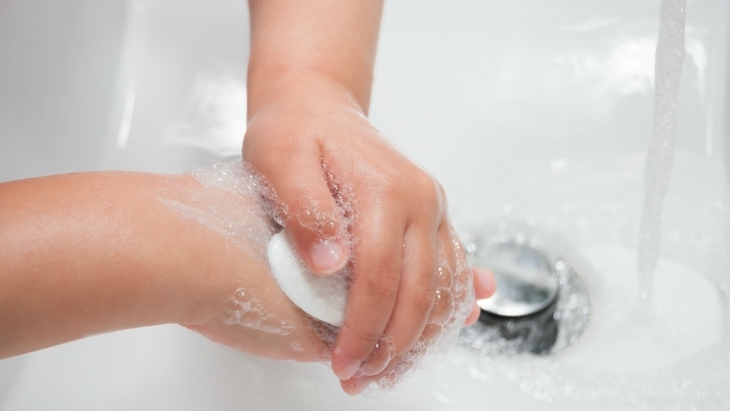The Issue Of Antibiotic Resistance And What We Can Do About It
- Parents Only

By: Alex Harmon, ellaslist
You've heard of antibiotics, but have you heard of a possible consequence of using these medicines? It's called antibiotic resistance.
Antibiotic resistance occurs when bacteria change to protect themselves from the medication, leading to antibiotics being less effective. Taking antibiotics too often can contribute to antibiotic resistance. What this means in practical terms is that if your child were to contract a serious bacterial infection, antibiotics may not work for them in future.
It’s not just a problem for your child – it’s a serious public health matter because antibiotics are losing their power. The overuse of antibiotics in the wider community can lead to the growth of new strains of bacteria (sometimes called superbugs) that are resistant to antibiotics.
Also, overusing antibiotics can lead to side effects. 1 and 10 in every 100 people talking antibiotics will experience stomach problems, diarrhoea, nausea and vomiting. This happens because, in addition to targeting the pathogenic (“bad”) bacteria causing the infection, the antibiotic can also disturb the balance of helpful bacteria living in the gut.

How Concerned Are We?
The good news is that we are becoming more aware of this public health issue. Independent not-for-profit NPS MedicineWise has released survey findings for World Antibiotic Awareness Week (13-19 November 2017), indicating Australians are increasingly aware of the present-day threat of antibiotic resistance. Of over 2,500 respondents, 25% acknowledged antibiotic resistance as a current concern for themselves and their families, which is up from only 11% in the same survey conducted in 2015.
However, the bad news is that we're not too sure if it really is a threat to us and our families. More than half (53%) of respondents claimed they were either unsure or didn’t think they would ever be affected by antibiotic resistance. The rest of respondents (22%) believe antibiotic resistance will be a problem in the next 10 or 50 years’ time.
The Threat Is Real
The World Health Organization has warned that antibiotic resistance is one of the greatest threats to human health today. A growing number of infections – such as MRSA, also known as golden staph, and gonorrhoea– are becoming harder to treat as the antibiotics used to treat them are becoming less effective.
NPS MedicineWise CEO Dr Lynn Weekes said: “Antibiotic resistance is an issue we all face here and now. The reality is, antibiotics are losing their power.”
“While it’s positive to see an increase in people becoming aware of this fact, there are still too many people who do not understand that the more they use antibiotics, the more chances bacteria have of becoming resistant. There are deaths every year in Australia attributable to antimicrobial resistance."
“Wise and responsible use of antibiotics is essential in curbing this worrying global trend. Everyone is part of the solution.”

How You Can Help Overcome The Problem
Just a few simple measures taken can help preserve the power of antibiotics. You can be part of the solution if you promise you will:
- Not ask for antibiotics for colds and the flu as they have no effect on viruses
- Understand that antibiotics will not help your child recover faster from a viral infection
- Only take antibiotics in the way they have been prescribed
- Understand that it is possible to pass on antibiotic resistant bacteria
- Make a greater effort to prevent the spread of germs and antibiotic-resistant bacteria by practising good hygiene.
Remember, the future of antibiotics is LITERALLY in all of our hands.
Find out more about World Antibiotic Awareness Week – visit nps.org.au/waaw.
Reviews


